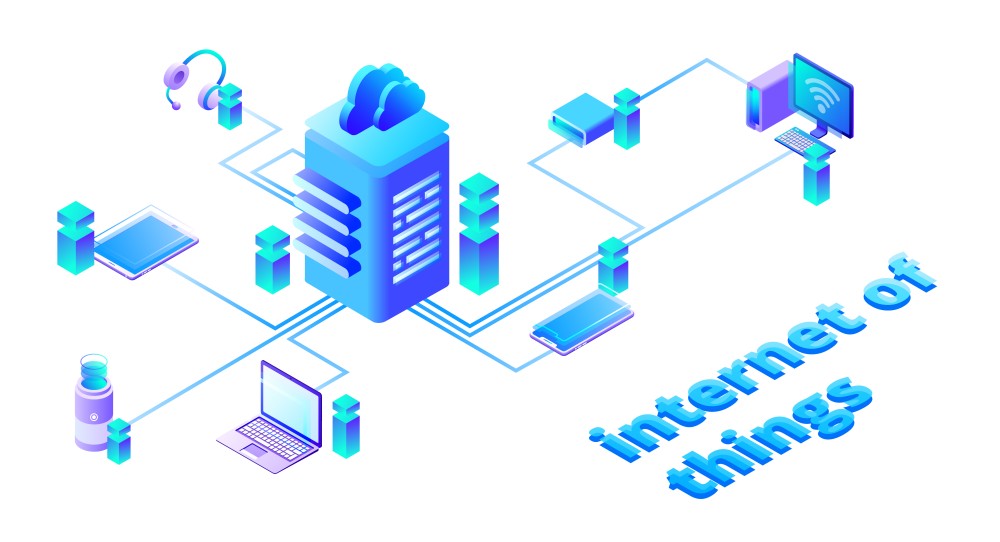The adoption of IoT in industrial systems is leading towards the development of IIoT (Industrial IoT) in the manufacturing sector. IIoT serves the industrial sector by automating smart objects for sensing, collecting, processing and communicating real-time events.
IoT in manufacturing is made up of smart plants, machines and operations all comprising higher levels of intelligence. The system is mainly based on cloud & internet technologies that enable secure access to devices and information. These new, advanced analytics tools, drive greater business value and in turn enable improvements to profitability and efficiency, increased cybersecurity, safety management, enhanced performance, etc.
Across the world, manufacturers and industrial product companies have made great strides in connecting their products to the IIoT or Industry 4.0. But why is it called industry 4.0? Industry 4.0 (4th wave) was invoked by the advances in IoT, 3D printing, nanotechnology, and autonomous vehicles.
In this blog, we’ll discuss the impact of IIoT on manufacturing companies:
1) Safety & Compliance: Beyond productivity and cost savings, IIoT can be used to enhance the safety and security measures of the workers and the consumers. IoT provides real-time alerts on employee movements, updates employee’s health under a critical work environment, tracks employee location within the business premise, and indicates dangerous issues instantly.
2) Reduced downtime and Repair Costs: The feature predictive maintenance allows manufacturing companies to avoid unnecessary labor costs associated with predicting maintenance. IoT-enabled predictive maintenance systems collect real-time data from sensors to foresee the failure of machines and delay the maintenance cycle to reduce repair costs.
3) Gain supply chain visibility: Users can access real-time supply chain data by tracking each and every material, manufacturing cycle, out-of-stock, or overstock scenarios in real-time and improve inventory management as they move through the global supply chain. This data helps the manufacturers to understand potential issues and make the right purchase decisions based on a number of factors.
4) Maintain Production Quality: Maintaining production quality is most important for branding and using IoT, product quality can be improved dramatically. IIoT identifies any defective materials and helps the operators to inspect the process flaws to avoid production quality problems.
5) Asset Monitoring: As the manufacturing industry consists of large and costly machines, IoT-powered solutions like smart asset monitoring helps in easy analysis of machine’s working efficiency, thus enhancing the actual potential of the industrial assets. This also helps organizations to make fine decisions or take necessary actions to improve productivity.
Conclusion
New technologies continue to drive growth in different sectors and Internet of Things (IoT) technology is creating a great deal of interest, across the entire value chain of the industry, including manufacturers, suppliers, logistics, and users.
Looking for a partner to automate your industrial business operations? Sterison is one of the top IoT development companies, who support customers with customized IIoT solutions and services. Whether small or large businesses, we serve clients from different industrial verticals with end-to-end IoT solutions or embedded software services that meet your need to enhance security, performance, productivity, and user experience.






